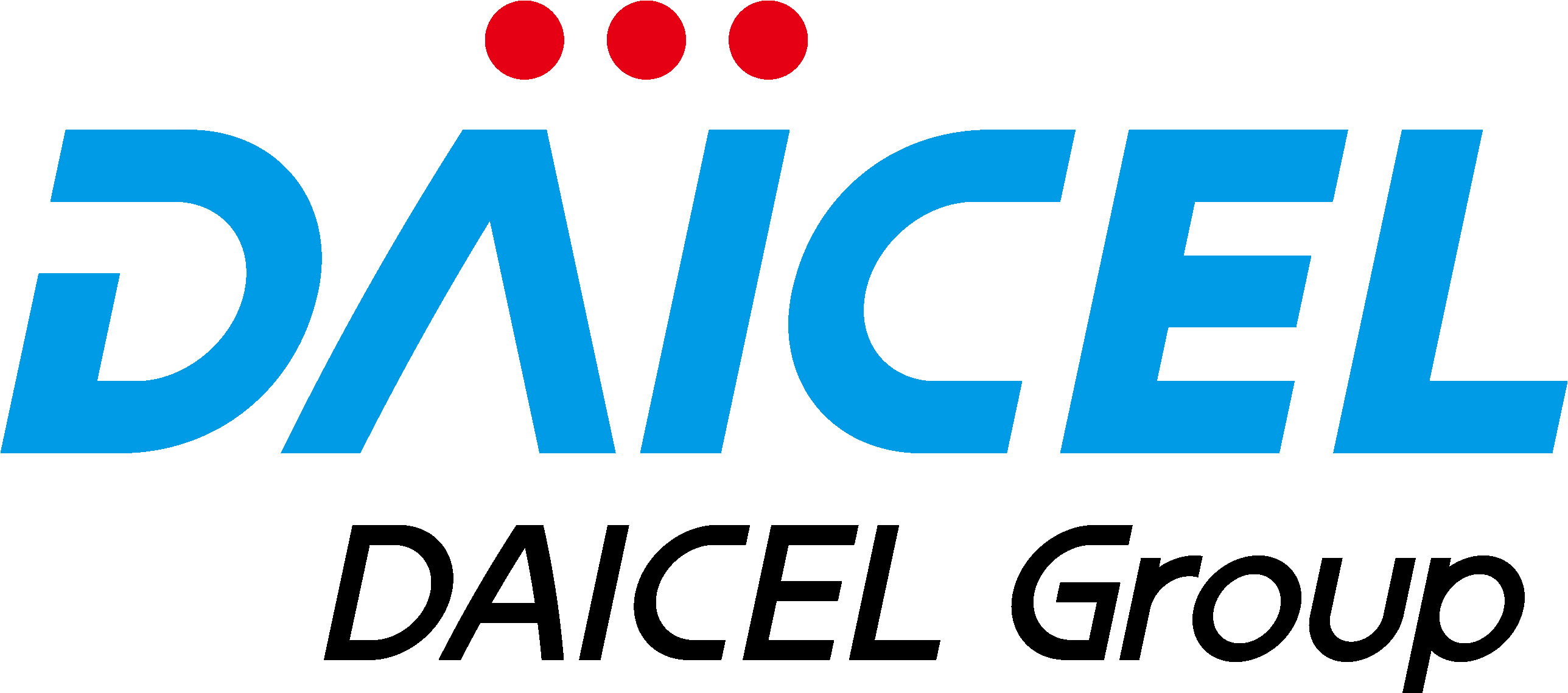 Products
Products
A material with high heat resistance and superior electrical properties
RENATUS® PET is based on the polyethylene terephthalate (PET) resin employed in the familiar PET bottle.
RENATUS is created by blending PET resin with glass fibers, dramatically increasing its mechanical strength and heat resistance. This allows RENATUS to be used as an engineering plastic material. It has superior electrical properties and heat resistance. Moreover, it is an extraordinarily moldable glass reinforcing material.
Key properties
- Heat resistance
- Mechanical properties
- Electrical properties
- High rigidity
- Flame resistance
- Low water absorbability
Raw ingredients and production method
PET is made by first reacting DMT (dimethyl terephthalic acid) or TA (Terephthalate) with EG (ethylene glycol) to obtain bis(2-hydroxyethyl) terephthalate (BHET). Subsequently, the excess glycol is removed from this product under a high vacuum at 270-280℃, and polycondensation results in the final product.
Diagram of the RENATUS® production process

Structural Formula

List of leading grades
| Property | Characteristic | Grade |
|---|---|---|
| HB, Standard | GF reinforced | C3015FA |
| HB, Standard | GF reinforced | C3030FA |
| HB, Standard | GF reinforced, Black color | B3015FA |
| HB, Standard | GF reinforced, Black color | B3030FA |
| HB, Standard | GF reinforced, Balck color, High rigidity | B3045FA | Flame Retardant, Standard | Moldable at low temperature, GF reinforced, Black color | CN9030 |
| Flame Retardant, Standard | Moldable at low temperature, GF reinforced, Black color | BN9030 |
| HB, Standard | GF Reinforced, Black Color | RH030 |
| HB, Standard | GF Reinforced, Balck Color, High Rigidity | RH045 |


